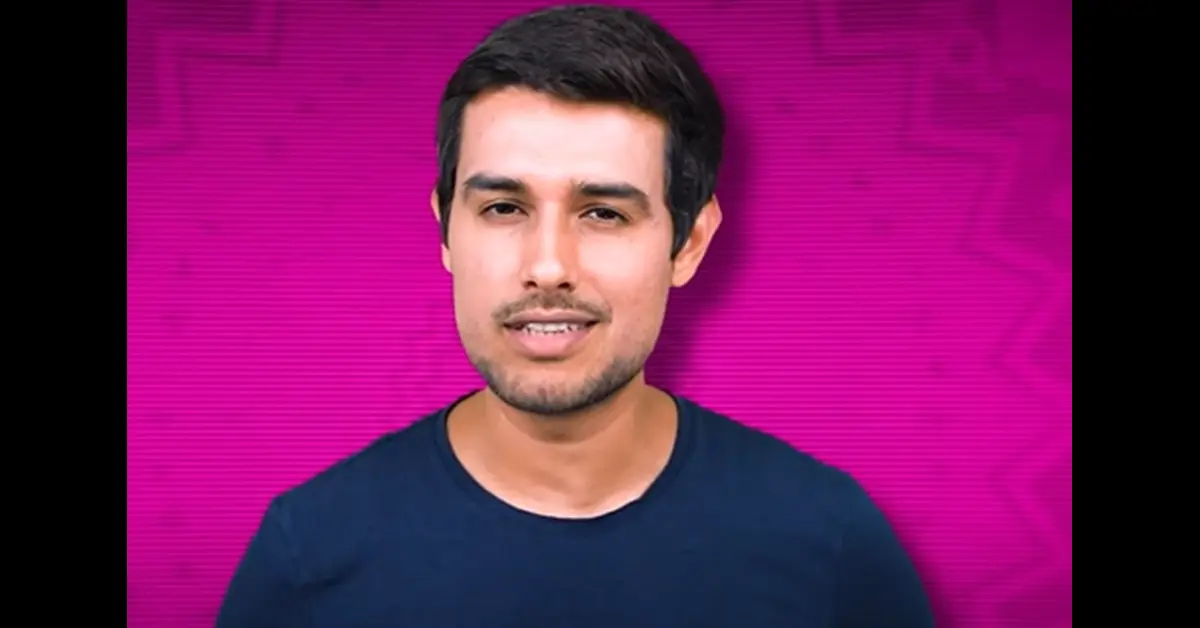Table of Contents
The ongoing legal battle between popular YouTuber Dhruv Rathee and a BJP spokesperson has taken a significant turn. A Delhi court has summoned Rathee in response to a defamation case filed against him. This article delves into the specifics of the case, its implications, and the broader context of defamation laws in India.
Introduction
The defamation case against Dhruv Rathee has captured the attention of many, highlighting the friction between media personalities and political figures. With millions of followers and a reputation for incisive commentary, Rathee is no stranger to controversy. However, this legal challenge marks a critical juncture in his career and raises important questions about freedom of expression, the role of social media influencers, and the legal recourse available to public figures who feel wronged by such commentary.
Dhruv Rathee and the Defamation Case
Who is Dhruv Rathee?
Dhruv Rathee is a well-known social media influencer and YouTuber who focuses on political and social commentary. With a substantial following, Rathee has made a name for himself by providing detailed analyses on various issues, often critiquing government policies and politicians. His content is characterized by its data-driven approach and an emphasis on transparency and accountability.
The Allegations
The defamation case was filed by a BJP spokesperson who alleges that Rathee made defamatory statements in one of his videos. According to the complaint, Rathee’s comments were not only false but also damaging to the spokesperson’s reputation. The specifics of the alleged defamatory statements have not been fully disclosed in public records, but the case hinges on the interpretation of these statements as harmful and untrue.
Legal Proceedings and Summons
The Delhi court’s decision to summon Dhruv Rathee marks a pivotal point in the legal proceedings. It indicates that the court found sufficient grounds to consider the complaint seriously and necessitates Rathee’s presence to address the allegations. The legal process in defamation cases typically involves a thorough examination of the statements in question, the context in which they were made, and their potential impact on the complainant’s reputation.
Understanding Defamation Laws in India
Defamation: Civil vs. Criminal
In India, defamation can be prosecuted under both civil and criminal law. Civil defamation, governed by the law of torts, seeks monetary compensation for the harm caused to the complainant’s reputation. Criminal defamation, on the other hand, is covered under Section 499 and Section 500 of the Indian Penal Code (IPC) and can result in imprisonment and/or fines.
Key Elements of Defamation
For a statement to be considered defamatory, it must be:
- False
- Made with the intention to harm or with reckless disregard for the truth
- Capable of damaging the reputation of the person it targets
Legal Defenses Against Defamation
There are several defenses available in defamation cases, including:
- Truth: If the defendant can prove that the statement made was true, it serves as a complete defense.
- Fair Comment: Opinions, especially those based on true facts, are generally protected.
- Privilege: Certain statements made in specific contexts, such as parliamentary proceedings or judicial records, are protected.
Implications of the Case
For Dhruv Rathee
The summons is a significant legal challenge for Dhruv Rathee, potentially affecting his credibility and public image. It also underscores the risks that social media influencers face when commenting on sensitive political issues. The outcome of the case could set a precedent for how similar cases are handled in the future, impacting the broader community of content creators.
For the BJP Spokesperson
For the BJP spokesperson, the case represents an attempt to protect and restore their reputation. It highlights the party’s stance on holding individuals accountable for statements that it views as damaging and false. The case also reflects the broader political climate, where allegations and counter-allegations are common, and legal battles are often used as tools for political maneuvering.
For the Public and Media
This case is a critical reminder of the delicate balance between free speech and responsible journalism. It raises important questions about the limits of criticism and the protections available to individuals against defamatory statements. The public’s reaction to the case will likely influence the discourse on freedom of expression and the role of social media in political debates.
FAQs
What is the defamation case against Dhruv Rathee about? The case involves allegations made by a BJP spokesperson that Rathee made defamatory statements in one of his videos, damaging the spokesperson’s reputation.
What are the potential outcomes of the defamation case? The court could dismiss the case, find Rathee guilty and impose penalties, or Rathee could be acquitted if he successfully defends his statements.
How does defamation law work in India? Defamation can be prosecuted as a civil or criminal offense. Civil defamation involves monetary compensation, while criminal defamation can result in imprisonment and fines.
What are the defenses against defamation? Defenses include proving the truth of the statement, demonstrating it was a fair comment, or showing that the statement was made in a privileged context.
How does this case impact social media influencers? The case underscores the legal risks influencers face when making statements about public figures, highlighting the importance of accuracy and responsible commentary.
What is the broader significance of this case? The outcome could influence future legal battles involving defamation, set precedents for how similar cases are handled, and impact the balance between free speech and reputation protection.
ICC Iraq Launch Expands ICC Global Network
Conclusion
The defamation case against Dhruv Rathee is more than a legal battle; it is a reflection of the dynamic and often contentious relationship between media personalities and political figures in India. As the case unfolds, it will not only affect the individuals involved but also shape the broader discourse on freedom of expression and accountability in the digital age. The court’s decision will be closely watched, setting the tone for future interactions between content creators and the subjects of their critiques.
